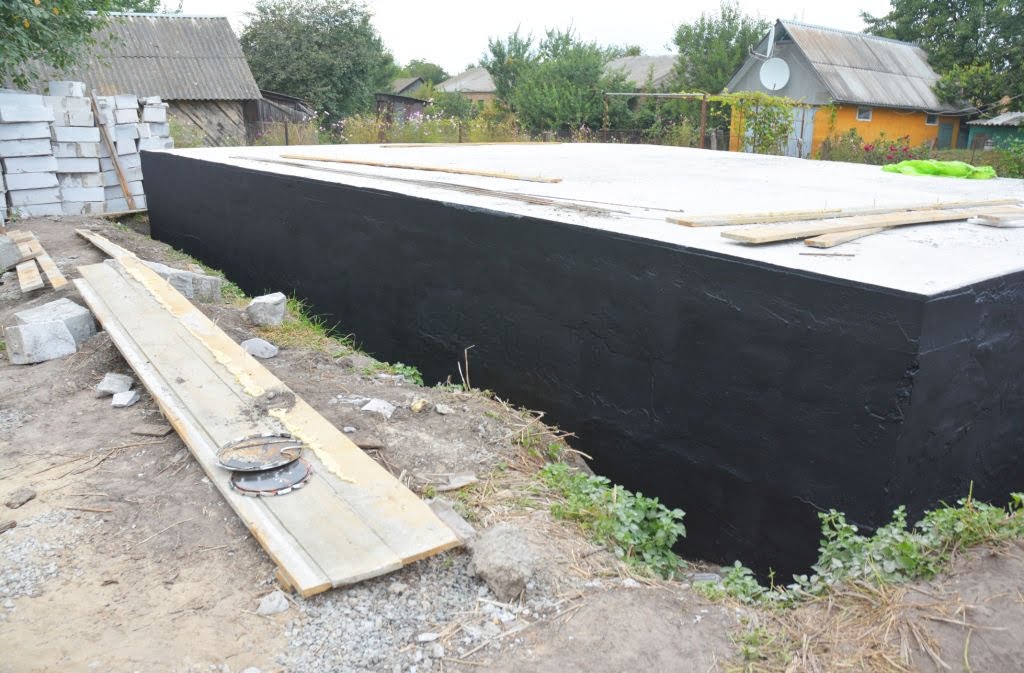Basement waterproofing is a crucial aspect of maintaining a dry and functional basement. It involves various techniques and processes to prevent water from seeping into the basement and causing damage to the structure and belongings. But who exactly does basement waterproofing?
Professional Waterproofing Companies
The most common option for basement waterproofing is to hire professional waterproofing companies. These companies specialize in assessing the basement for potential water issues and implementing effective waterproofing solutions. They have trained and experienced professionals who understand the complexities of basement waterproofing and can provide tailored solutions based on the specific needs of the basement.
Professional waterproofing companies typically start by thoroughly inspecting the basement to identify any existing water issues and potential sources of water intrusion. They then develop a waterproofing plan that may include exterior excavation, interior drainage systems, sump pump installation, and waterproof coatings or membranes.
General Contractors
Sometimes, homeowners hire general contractors to handle basement waterproofing. General contractors are professionals who oversee and manage construction projects, including basement renovations and waterproofing. While they may not specialize solely in waterproofing, they can still provide effective solutions for keeping basements dry.
General contractors often work with subcontractors who specialize in basement waterproofing. These subcontractors have the necessary skills and knowledge to implement the waterproofing techniques recommended by the general contractor. Homeowners should ensure their general contractor has experience and a good track record in basement waterproofing projects.
DIY Enthusiasts
Some homeowners prefer installing basement waterproofing as a do-it-yourself (DIY) project. DIY basement waterproofing can be cost-effective for those with the necessary skills and knowledge. However, it should be noted that basement waterproofing can be a complex process, and improper installation or inadequate solutions can lead to further issues and expenses.
DIY enthusiasts who waterproof their basements should thoroughly research the various techniques and products available. They should also ensure they have the necessary tools and equipment to carry out the waterproofing process effectively. It is also advisable to consult with professionals or seek guidance from reputable sources to ensure they follow the best practices for basement waterproofing.
Homebuilders and Architects
Basement waterproofing is often incorporated into the design and construction of new homes. Homebuilders and architects work together to ensure that the basement is correctly waterproofed from the beginning. They consider factors such as soil conditions, foundation type, and potential sources of water intrusion to develop effective waterproofing strategies.
Homebuilders and architects collaborate with waterproofing experts to implement the necessary techniques during the construction process. This may involve installing exterior drainage systems, applying waterproof coatings, and incorporating proper grading and landscaping techniques to divert water from the foundation.
Professional waterproofing companies, general contractors, DIY enthusiasts, and homebuilders/architects typically do basement waterproofing. Each option has its advantages and considerations, and homeowners should choose the one that best suits their needs, budget, and level of expertise. Regardless of who does the basement waterproofing, it is essential to prioritize this preventive measure to ensure a dry and functional basement space.
Expert Basement Waterproofing
Protect your home’s foundation and create a dry, usable basement space with the help of Gatlinbyrd Cement. As a leading concrete company, we offer expert basement waterproofing services to address water intrusion and prevent costly damage. Our skilled team of contractors has the knowledge and specialized techniques to assess your basement, identify the root causes of water issues, and implement the right waterproofing solutions. From exterior excavation and drainage systems to interior coatings and sump pump installation, Gatlinbyrd Cement has the tools and concrete contractors to keep your basement dry and secure. Contact us today to schedule a consultation and learn how our basement waterproofing services can benefit your home.
Contact Us Now
Frequently Asked Questions
What types of professionals offer basement waterproofing services?
Professional waterproofing companies, general contractors, and some specialized subcontractors offer basement waterproofing services.
Can I waterproof my basement myself, or should I hire a professional?
While DIY basement waterproofing is possible, hiring a professional is recommended due to the complexity and potential consequences of improper waterproofing.
Is it cheaper to DIY or hire a professional for basement waterproofing?
Initially, DIY might seem cheaper, but due to the risk of errors and long-term damage, hiring a professional could be more cost-effective.
What common techniques do professionals use to waterproof basements?
Techniques include exterior excavation, installing interior drainage systems, sump pump installation, and applying waterproof coatings or membranes.
How do I know if my basement needs waterproofing?
Signs include water stains, mold or mildew presence, a musty smell, or visible water accumulation.
Can architects and homebuilders provide waterproofing solutions during construction?
Yes, integrating waterproofing during the architectural and building phase is common and can be more effective as it incorporates comprehensive preventative measures.
How often should basement waterproofing be inspected or updated?
It's advisable to inspect your basement waterproofing system at least every few years or after significant weather events that could impact its effectiveness.

